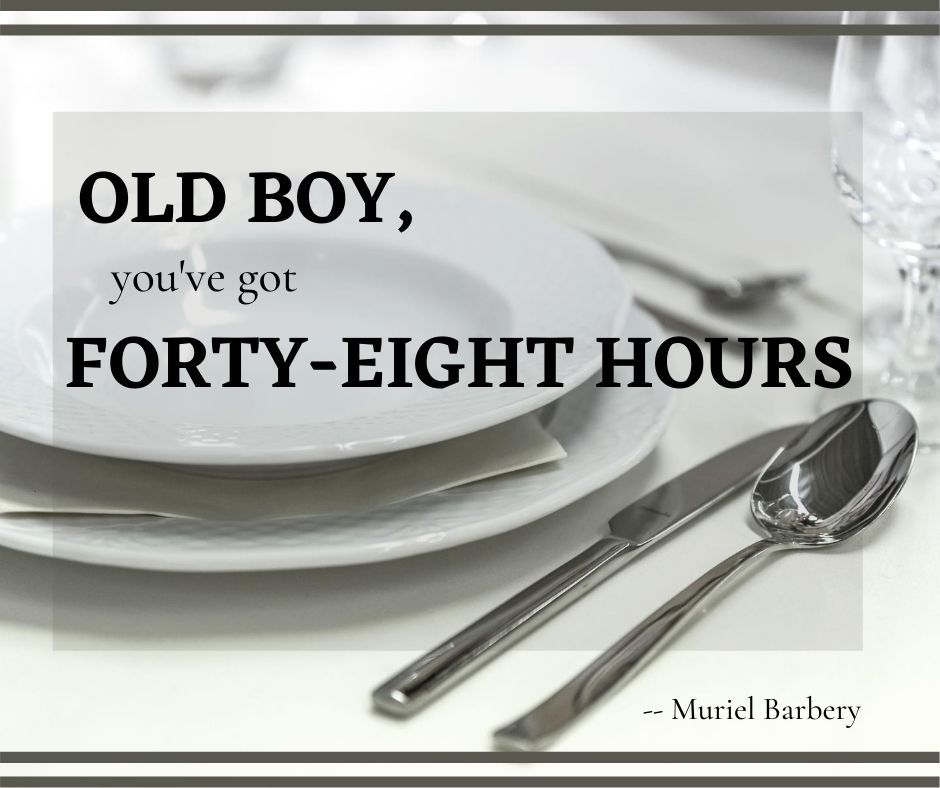“Old boy, you’ve got forty-eight hours,” says the physician to the protagonist of Muriel Barbery’s slim novel Gourmet Rhapsody.
The patient is a famous food critic. “I have, for all eternity, pinned to my list of discoveries some of the most prestigious butterflies among practicing chefs.” This was a guy who could make you or break you, and now he lies in his bed, thinking over a life of glorious meals, and craving one last taste of . . .
What? Is it fish? Is it bread? Creamy? Crispy?
As food critics go, he’s a wordy one. If you’ve ever rolled your eyes when wine-tasters go on about the “notes” and “cloying” and “expansive” and “silky” and “nervous,” you might roll them so hard here, you’ll see double from here on out.
On fish, our dying critic notes that:
[T]he flesh is delicate, that its taste is both subtle and expansive, that it stimulates the gums with a mixture of sharpness and sweetness; . . . Faint bitterness . . . Extreme smoothness of the firm, strong, harmonious flesh . . . Evoking the soporific virtues of opium.
“His prose was nectar, ambrosia, a hymn to language,” says a nephew who basked all these years in the man’s reflected glory. “It would be a mistake to think that the topic mattered. . . . Food was just a pretext.”
So we have a great man whose fork and pen were always ready for the next thing that might “stimulate the gums.” But what about the supporting cast? What about the nephew? The wife? The daughter? The maid?
Oh, you’ll hear from them, too.
Meanwhile, he lies there wondering what (not who?) to call to his bed for a final good-bye. Whatever it be, he uses enough words to stuff the chapters, even though this book is small.
But I think I already told you that.







Leave A Comment